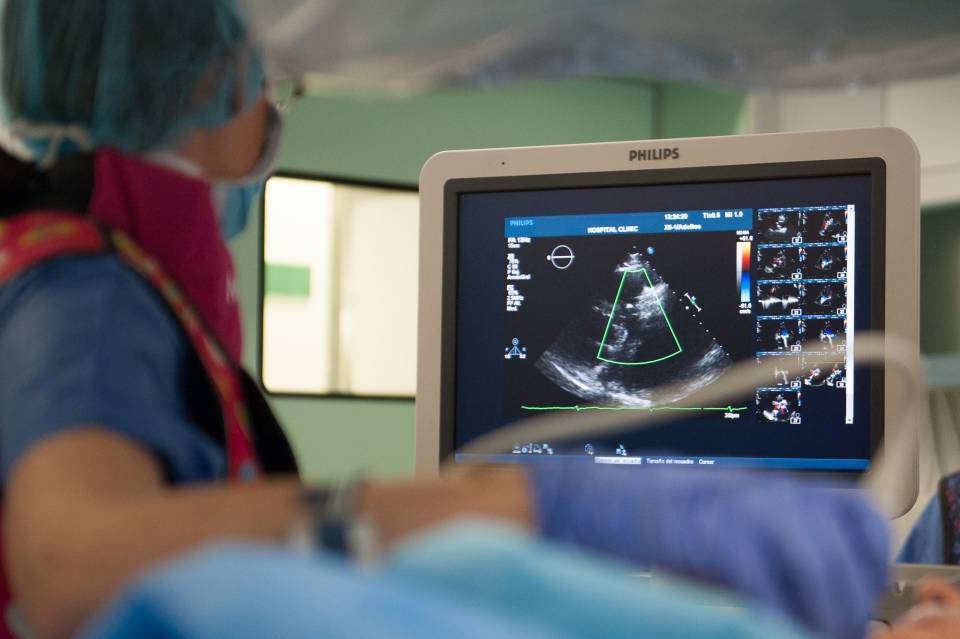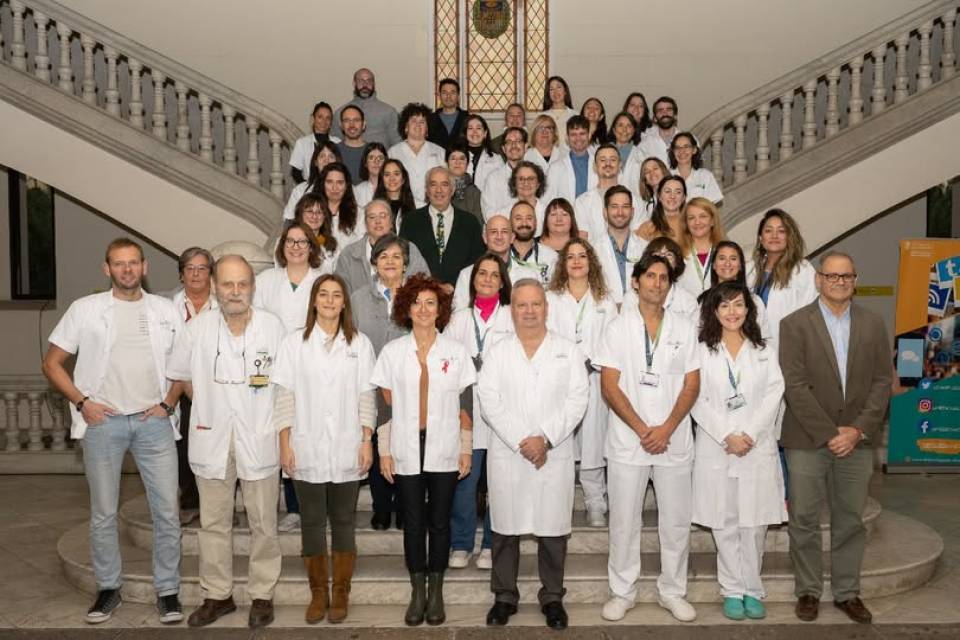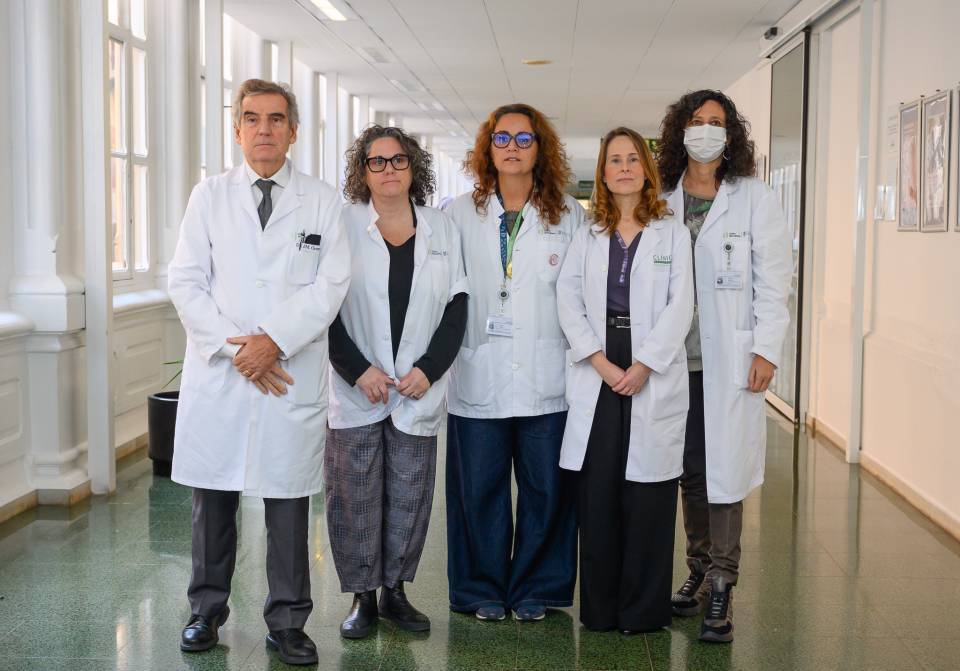During this project, the two centres will work on the approach to adopt with patients with aortic valve stenosis, in order to increase the quality of care provided and, at the same time, to optimize the healthcare resources by applying innovative and efficient models.
Dr. Marta Sitges, director of the Clínic Cardiovascular Institute at the Hospital Clínic Barcelona, stresses that, “this focus has been shown to improve access to therapies and the quality of care, both for patients and for the professionals involved”.
Meanwhile, according to Dr. Giacomo Boccuzzi, head of the Cardiology Unit at the San Giovanni Bosco Hospital explains that, “the aim is to ensure more efficient and high-quality clinical care for patients requiring surgery or percutaneous treatment”.
This project represents a significant shift in the innovative public procurement strategy, moving from purchasing individual products to seeking comprehensive solutions that improve clinical outcomes and share responsibilities and risks between the public and private sectors.
Thanks to this European project, the Clínic Barcelona and the ASL Città di Torino are opening up new opportunities for growth and development, improving the quality of patient care. The collaboration of a multidisciplinary team made up of clinical and administrative professionals is essential in order to guarantee a comprehensive approach and obtain positive and sustainable results.
Aortic stenosis is one of the most prevalent valve diseases in adult patients and requires a comprehensive, multidisciplinary approach to provide quality healthcare. It is a disease that occurs as a result of a narrowing of the aortic valve—one of the four valves that regulate blood flow in the heart—which makes it difficult for blood to pass through it. It manifests itself in the form of shortness of breath, chest pain, dizziness and loss of consciousness. Aortic valve stenosis affects 4% of the population and is more common in people over the age of 70.




